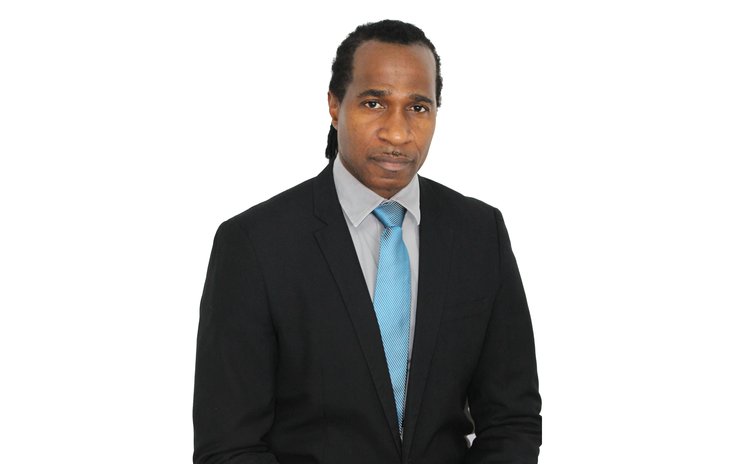Freedom Speaks

Attracting local and Foreign Investments (Part II)
In last week's article we discussed the importance of investments for building a prosperous future. In today's article we are building on that by talking a little about how the country performed in the past compared with its performance over the last fifteen to twenty years.
Under the leadership of the Dominica Freedom Party (1980 to 1995), the public sector in Dominica undertook much investments aimed in turn at driving private investments and national productivity. Consequently, among other efforts, there were significant investments in upgrading the road network; feeder roads were greatly improved and expanded; attention was given to the continued development of the deep water harbour at Woodbridge Bay; the industrial estate at Canefield was established; and the cruise ship berth at Roseau and the one at Portsmouth were constructed. Additionally, agricultural support systems were set up including that which drove productivity in the banana industry; and the government placed heavy emphasis on technical and vocational training.
Complementing the efforts by the central government, the electricity network was expanded island wide; hydro-electric generation of electricity was embarked on; and the water distribution network was greatly expanded. Meanwhile, the telecommunications sector kept abreast with the rest of the world and in some cases we were even ahead of our Caribbean neighbours in terms of the introduction of new communications technologies and systems.
Furthermore, a number of institutions and mechanisms were strengthened or established to administer the fiscal incentives framework, promote and facilitate investments, and to provide financing and technical assistance to the private sector. These institutions included the National Development Corporation (which was replaced in recent years by the Invest Dominica Authority and the Discover Dominica Authority); the Small Enterprises Development Unit; and the AID Bank.
The point of recalling all of this is to show how committed the Dominica Freedom Party was to the development of the country and to making our people economically independent and full of dignity. There was a good attitude towards investments and the private sector. There was capable and committed leadership and an absence of corruption. Indeed, Dominica was well respected by the international community and received much support for its development agenda. The private sector responded extremely well to all of this: agriculture and fishing thrived and so did the huckster trade; the Ross University School of Medicine grew from its small beginnings to become a significant contributor to the economy; the cruise sector thrived; Dominica Coconut Products (DCP) became a strong industrial player; there was a vibrant and promising furniture industry; the leader craft industry showed much promise; straw craft did well; an array of small manufacturers burgeoned including those producing candles, plastic shoes, garments, paints, plastic bags, cardboard boxes, pasta products, hot sauces and other condiments, tea bags, bottled water, beer and bay oil products; a small but thriving hotel industry stood as a beacon of hope for further growth in the industry and efforts well underway towards significantly expanding tourism accommodation with the introduction of the Economic Citizenship Programme; and importantly, a number of citizens were able to establish commercial enterprises in Roseau – many starting from humble beginnings.
Government needed to continue to put the right environment and policies in place to encourage many of these businesses to become internationally competitive. But instead, under the PM Skerrit Administration, not only have the ball been dropped, the country has regressed. Why such failure under PM Skerrit? Most of you already know the answer to that but as a reminder, we know it has to do with several interlocking reasons that include a lack of capability to engage in strategic planning; corruption; the politics of patronage; the administration's inability to motivate civil servants or their reluctance to utilize upright civil servants; their actions that hurt the security interest of western countries including through the corrupt sale of passports; and their embrace of non-democratic countries.
Take corruption for instance – legitimate investors are often turned off if bribes are sought from them by public officials. Hence, ask the government to honestly explain why the French abandoned their interest in investing in geothermal energy in Dominica. Thus, legitimate foreign investors are staying clear off Dominica – I have credible information related to that! But, think through this for yourself – what new credible and sustained investments have been attracted to Dominica over the past 15 to 20 years? The Coffee Plant?
Moreover, the corrupt management of the Citizenship By Investment programme is a big part of the reason Dominica is blacklisted by the EU and others. The repercussions of this will hurt all of us. Just imagine not being able to receive money from your people living overseas! And certainly, investors will not invest in that kind of environment!
But better is coming! Stay tuned over the next few articles as we lay out what the Dominica Freedom Party will do to encourage investments in our country!
Kent Vital
Political Leader
Dominica Freedom Party.




